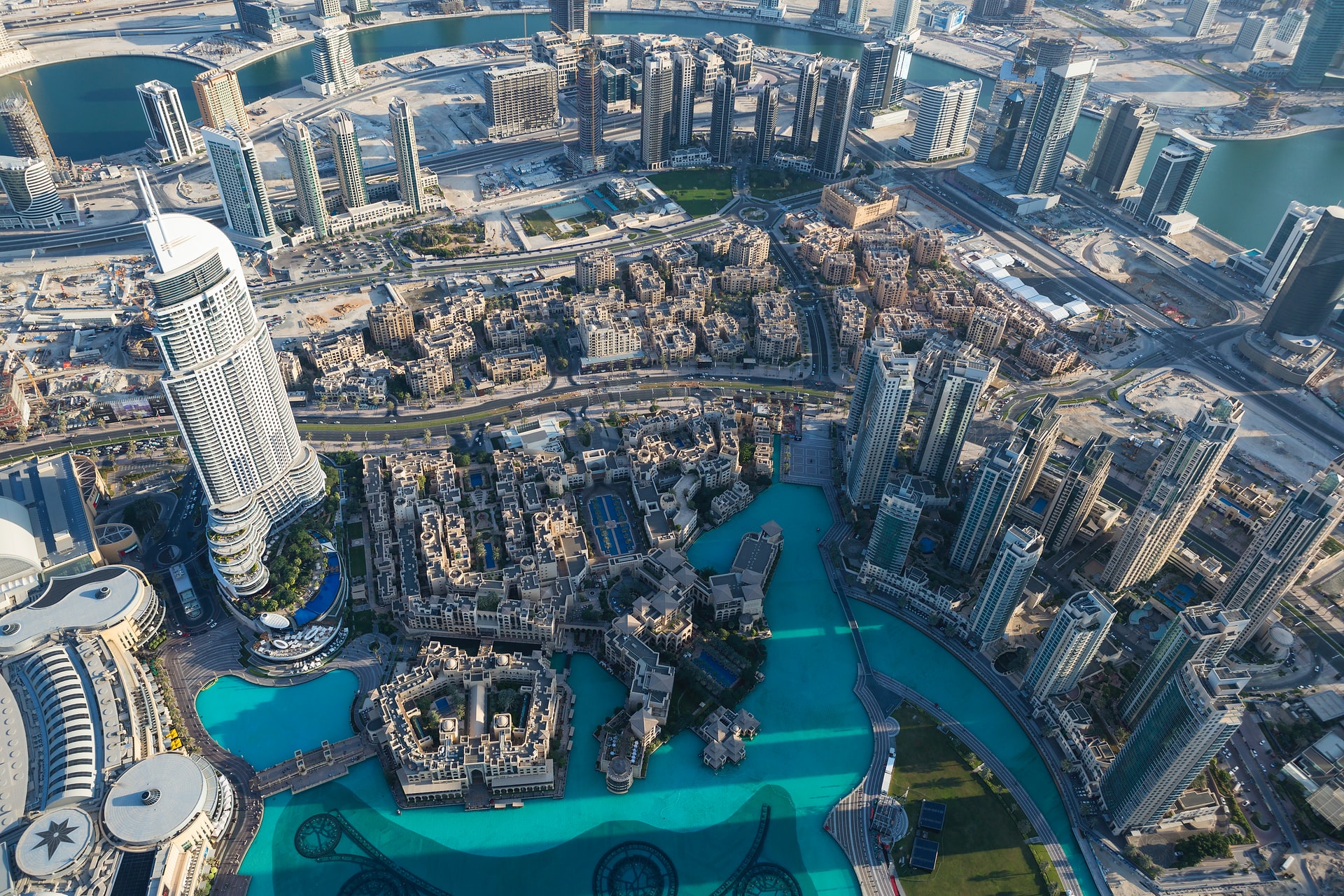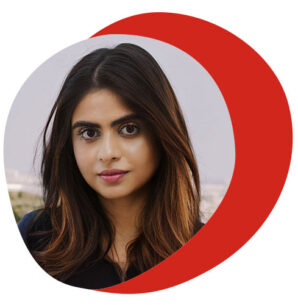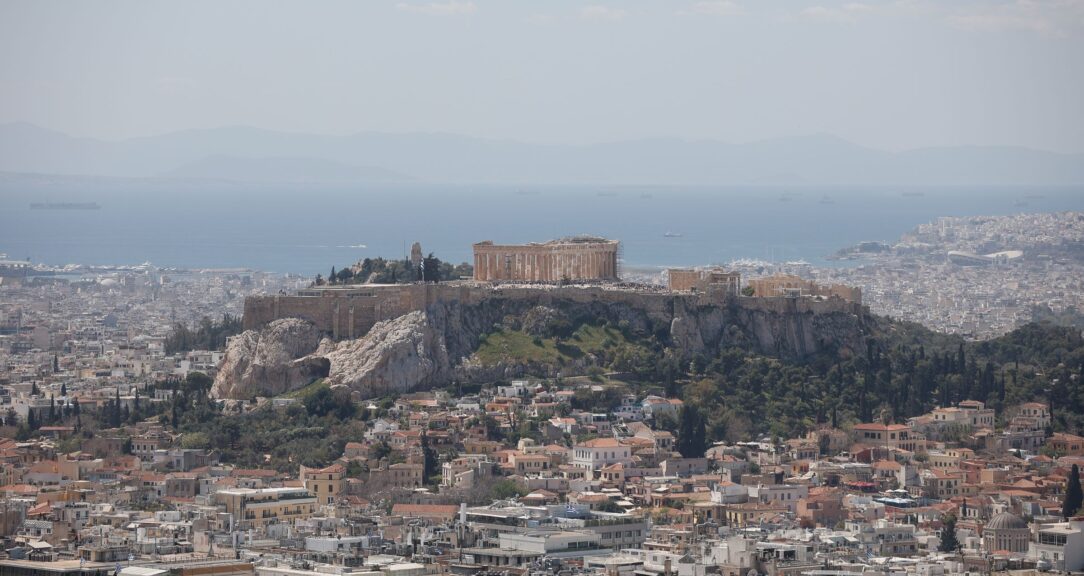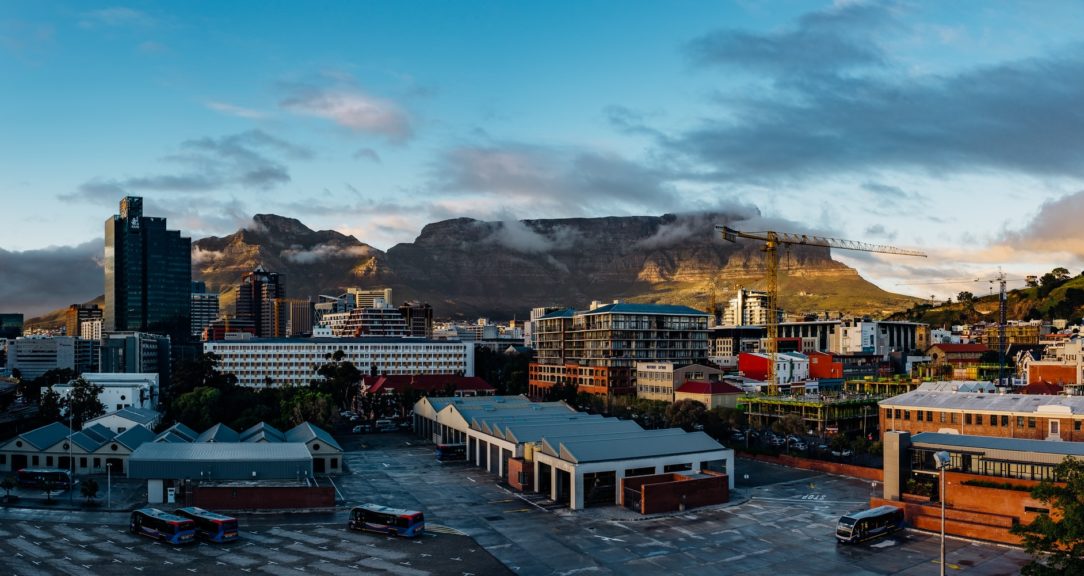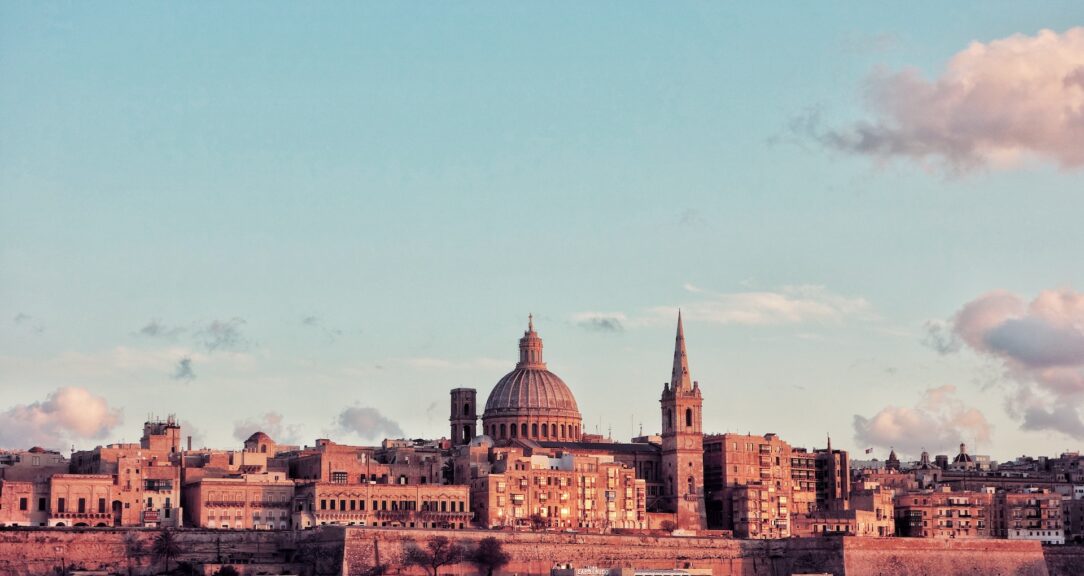Dubai is wildly ambitious. The largest city in the United Arab Emirates (UAE) is among the top five travel destinations globally, with 16 million people visiting Dubai in 2019.
But the Dubai we know today, one that boasts five-star luxury hotels, larger-than-life shopping malls and the tallest building in the world, is a very young one. Before, Dubai was just a little trading port on the Arabian Peninsula that focused mostly on fishing and pearling.
The city didn’t truly start developing until after the UAE gained independence from the U.K. in the 1970s and started focusing on its infrastructure, economy and growth. The boom of present day Dubai, however, started in the 1990s, after the Persian Gulf War, when the global oil price rose to historic levels. Today, over 95% of Dubai’s GDP comes from non-oil industries including hospitality, retail, international trade and logistics.
The city is also extremely international — more than 70% of the people living in Dubai are immigrants. They have played an integral role in building the “City of Gold.” We found six Dubaians to talk about how they earn their dirhams.
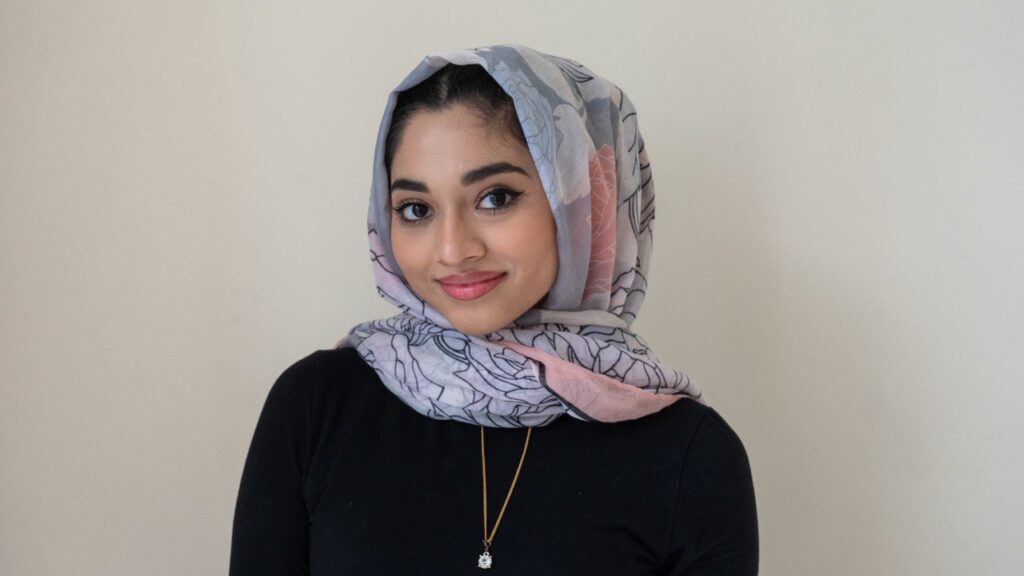
Haniya Shabeeh, 23
Paralegal
I grew up in Saudi Arabia and then came to Dubai to study. I moved to Dubai for my education because there are more opportunities and also just more freedom here. I wanted to become independent.
My first paycheck ever was when I took up a makeup artist gig for an event that was happening on a cruise. This was while I was doing my Bachelor of Laws. It was just a weekend-long project, but it was the first time I ever got paid for something. I enjoy make-up and dressing up and someone at university had recommended me to the events planners, which is how I got the gig. It felt nice to make my own money.
I graduated in 2020, at the height of the pandemic, and I went back to Saudi Arabia. I was a little uncertain if I would get a job, but I sent emails to so many law firms in Dubai. I wanted to come back here. Within a few weeks, I heard back from a law firm that interviewed me over Zoom (I had Covid at that time!), and I got the job.
My monthly salary is AED 5,500 ($1,500), average for this position, but I think I should be earning more because I end up doing a lot more than what is in my job description. Luckily, I also get a rent allowance which is about AED 2,000. This is my first ever job and I have only been doing it for a year, so most of what I make goes to rent and other expenses. I save some and also have an amount that I keep for leisure, shopping and other things I enjoy. The money I am saving is for further education, and I also hope to invest at some point. I would like to earn more, but I am not too anxious about the future. I think I am on the right path.
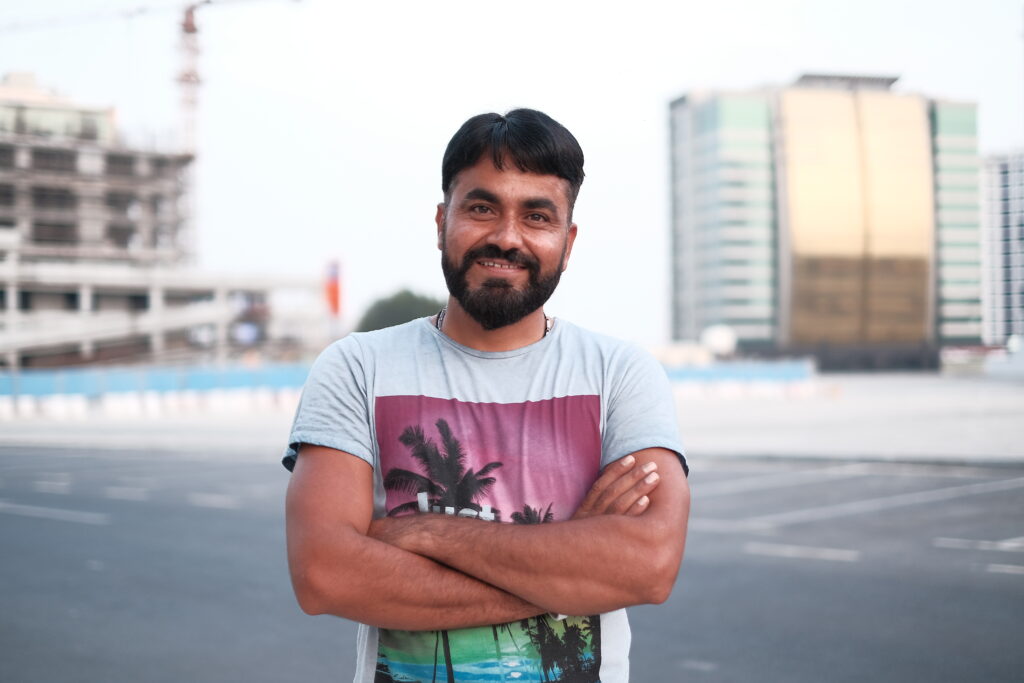
Vinod Kumar, 35
Watchman
My first job ever was in sales for an Indian newspaper. It was just 6,000 Indian rupees (INR, $75) per month, but at that time it felt like enough. I gave the first paycheck to my father. My father is a farmer, and when I was young, he moved to Dubai, like so many of us in Rajasthan do, to earn money. He stayed for five years, but it was not a good experience, so he came back to India. But he was able to provide me and my sisters with a good education.
I did diplomas in IT hardware and learned AutoCAD and other software. Then I did a few different jobs and briefly had a shop selling phones and hardware with some partners. I lost a lot of money after I was scammed in a huge corruption scandal that is still an ongoing case in India. I will never get that money back.
The last job I had in India was for a mobile network operator. I worked there for eight years, but the pay was only INR 10,000 ($126) per month. I am married and have three children who are getting their higher education now.
I had an uncle in Dubai, so I came here four years ago to find better-paying work. At first, I was doing technical maintenance for a property development company, but it shut down during Covid-19. I was getting paid AED 1,000 ($272) a month.
One of the buildings that the company had just finished needed someone for maintenance. Since December 2020, I have been working here as a watchman and utilizing my technical skills to solve maintenance issues. My pay is AED 1,200, which is not a lot, but it is five times more than what I was making in India.
My responsibilities are my family and the education of my children, who are still in India. I don’t have to pay for rent because I live in the building in which I work. So I send most of my income home and just keep AED 500 or so to myself for emergencies and basic needs. Other than that, I don’t know what the future looks like.
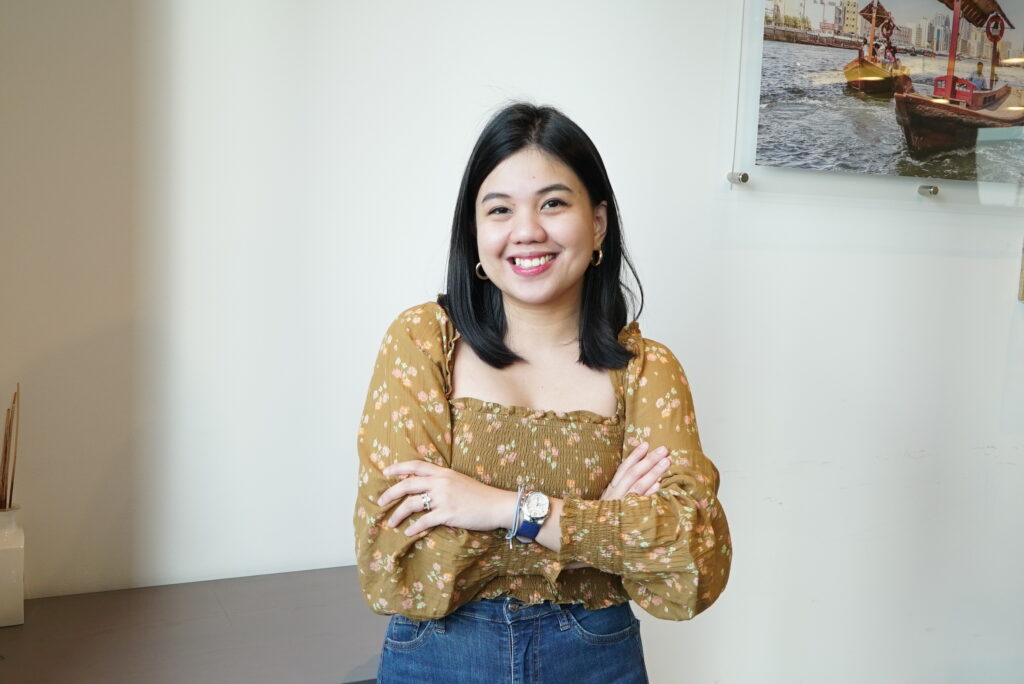
Jeanne Quilop, 29
Design manager
My first ever paycheck was during my last year in university when a friend asked if I could sketch a character for their capstone project. I got paid 500 Philippine pesos (PHP, $9). I was so happy — it was my first hard-earned money, and it really felt like I could buy anything I wanted. I used it to buy Faber-Castell pens I was eyeing for the longest time.
Fresh out of university, when I was full of hope along with the idea of conquering the advertising world, I tried applying to renowned ad agencies in the Philippines only to get rejected because I didn’t have a portfolio yet. After sending out hundreds of email applications to prospective companies, I was eventually hired as a junior graphic designer in a small branding studio. The salary was below minimum wage, but it was good training, and my passion for branding started. I worked in the Philippines for about five years until 2017, when I moved to Dubai.
Unfortunately, my first job here didn’t turn out well, so I had to look for another one and that’s when I joined my current company. I started as a graphic designer, and after six months I was promoted to senior graphic designer and after four years, I am now a design manager with my own creative team.
I think I’m earning a pretty decent amount, but it could be more. It should be at least AED 25,000 ($6,806) per month, but I earn a few thousand less. I don’t want to sound too racially focused, but I think nationality plays a role in the salary game here in the UAE.
I’m hopeful for the future though. For me, it always boils down to hard work and taking risks. If you want more, you have to do more, to move to the next level or be able to apply for a higher paying job. Right now, I’m saving up to build my own house in the Philippines as well as for my wedding next year.
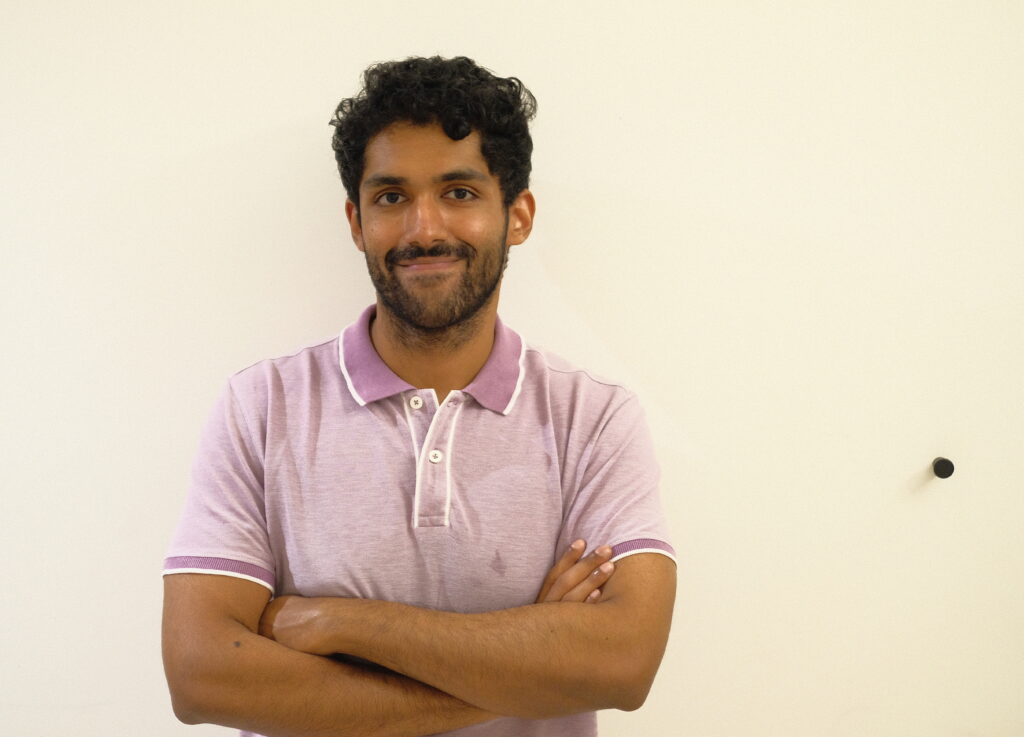
Daniel Alex, 29
Finance support officer
I grew up in Dubai and then moved to the U.S. to study. Over there, I did a few internships and a few gigs but it wasn’t anything concrete.
Then I moved back here six years ago, and started looking for a job. I would walk around, dropping my CV wherever it made sense and, through that, I built a network. Someone referred me to the company I have been working in for the past six years: It’s the finance department of a certifications and testing company in a free zone in Dubai.
I cannot say exactly what I make because, as many companies do in the UAE, I have signed an NDA, but my paychecks are a few thousand more than the average starting salary in Dubai.
Growing up, I never lacked anything, but I also never really had any disposable income. My first steady paycheck was the salary I got the first month working here. It was freeing. I gave some of it to my family and spent the rest.
In the following months, I continued to spend a lot. I got a PlayStation, a lot of books, and I also traveled. Honestly, I was letting the “Dubai lifestyle” get to me a little. I have since developed better saving habits and have also started investing better.
I have been saving up for my higher education. I intend to pursue a master’s program in Canada soon, and it is a little worrying when I think about being a broke student again. But if you don’t take big risks, things don’t change.
If you don’t take big risks, things don’t change.
Daniel Alex
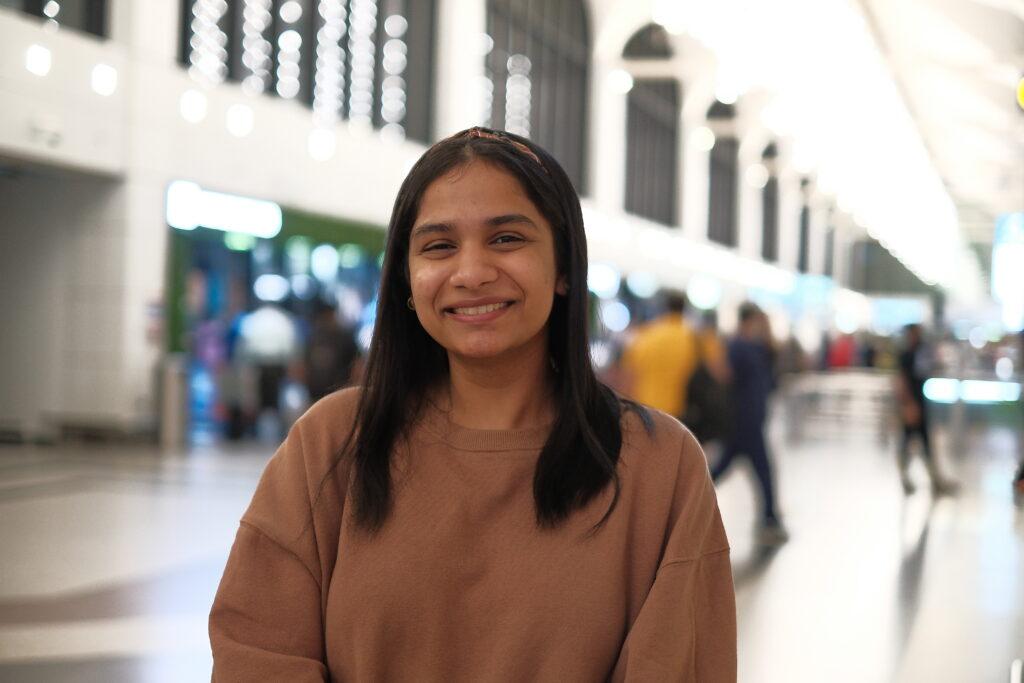
Farah Faizal, 24
Brand executive
My first paycheck was when I was an intern in 2019. I had never worked before except for a few unpaid volunteering opportunities. The day I got my first paycheck, which was AED 2,000 ($545), my family and I went out for dinner. Nothing too fancy, but I remember thinking that I wanted to spend the whole paycheck because it was my first time making money. I didn’t save any of it.
I ended up getting hired full-time at that e-commerce firm as an assistant buyer. My salary was AED 5,000, which I think is pretty standard for a starting role. I worked there for nearly three years but was laid off recently.
Luckily, my team referred me to another marketing company’s e-commerce department. I had three rounds of interviews, and I got the job. I have been at the new place for just a few months now.
I don’t want to mention how much I am currently making, but it is definitely more than my previous job — as it should be, because I am not entry-level anymore. But it is still not a lot. It comfortably covers the bills but that is about all. I hate to admit it, but I have zero savings. With bills and other responsibilities, it is hard to save.
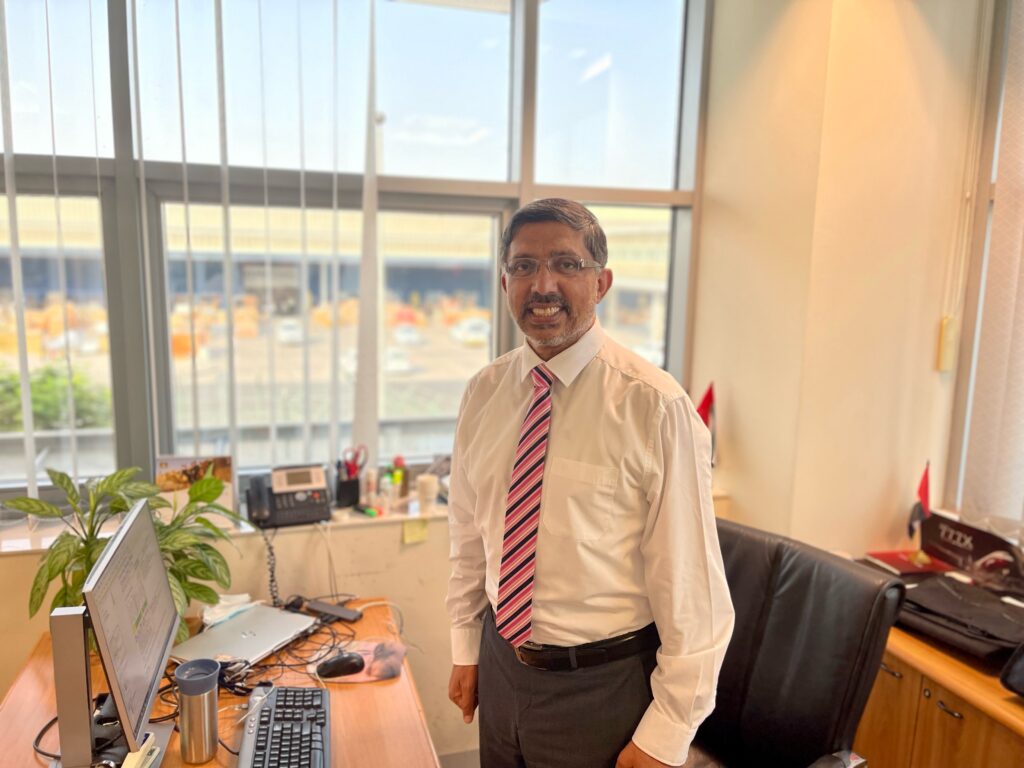
Manzoor Bhaban, 57
General manager and chief engineer
My first paycheck was around $400 at my first job as a trainee engineer in Karachi, Pakistan. It was in 1987 — I had just finished studying aeronautical engineering and had gotten a placement for Pakistan International Airlines (PIA). I stayed in that role for four years until I was promoted. It wasn’t enough money. I was married, and one-third of my wages went to rent and the other would go on food and my young son’s school fees.
I stayed with PIA for 16 years and saw a few promotions and an increase in salary. Aeronautical engineering was still a new niche area in Pakistan at that time, and most of the jobs were on the maintenance side, but, somehow, I was involved in the plane development department. I got to grow and learn a lot.
In 2004, I took a leap of faith and started looking for jobs in the Arab Gulf region. I got two offers, and I accepted a job at Emirates Airlines, earning a better wage than what I made in Pakistan.
Now it has been 18 years, and today I oversee the configuration and specification development of new planes at Emirates. All the planes at Emirates — all 266 of them — were inducted under my watch. I have a team of 10 to 15 engineers and staff working for me.
As for pay, I am not comfortable sharing exact numbers, but I can tell you that it is a respectable wage. I own multiple properties in Dubai and two cars. Emirates also gives generous benefits, and I was eligible for an education allowance for up to three children till the age of 19, which helped because good education in Dubai is very costly. My children have all graduated and are working nearby now. They are still in the early stages of their careers, so I am there to support them when needed.
Read more
Sign up to keep up to date with ReThink Q.
